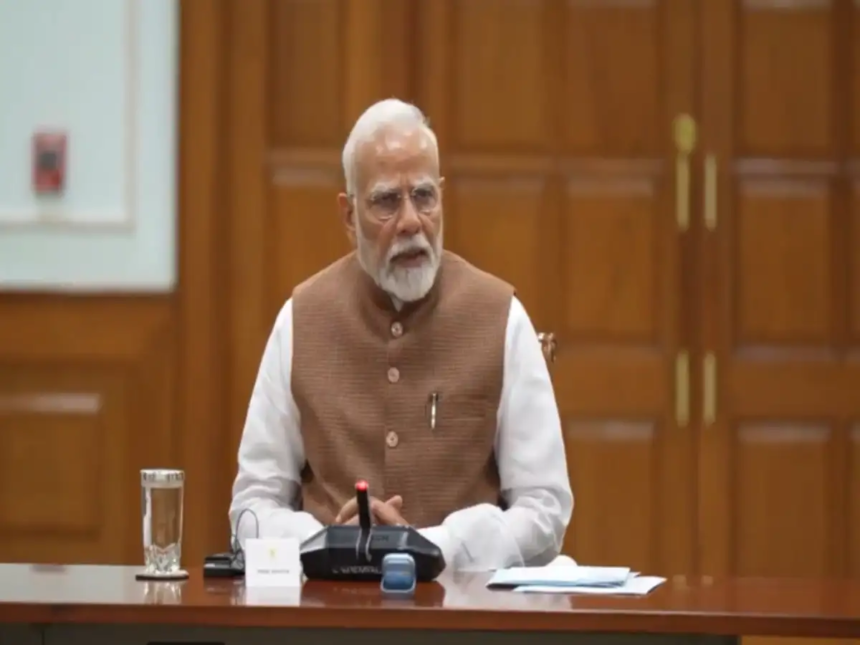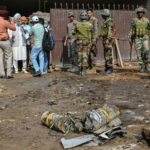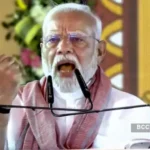Introduction
As global calls for a ceasefire in the Russia-Ukraine war intensify, the Indian opposition has begun demanding clarity from Prime Minister Narendra Modi’s government. The main criticism: India’s ambiguous position on international peace negotiations. With the U.S. reportedly engaging with allies and adversaries alike, India’s role as a diplomatic middle ground is now under scrutiny.
In this blog, we break down the top 5 demands the Indian opposition has made regarding the country’s stance on the Ukraine ceasefire — and what these demands mean for India’s foreign policy trajectory.
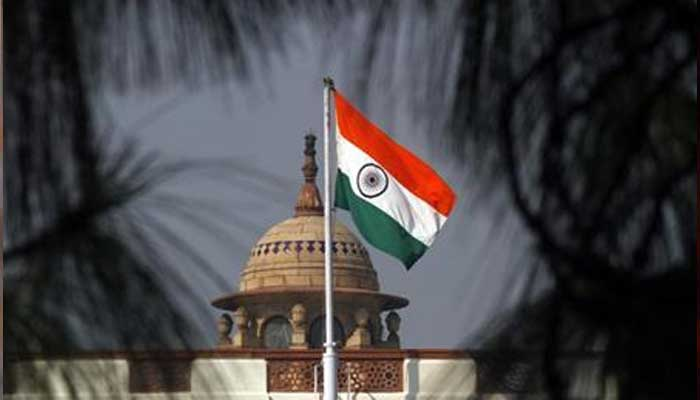
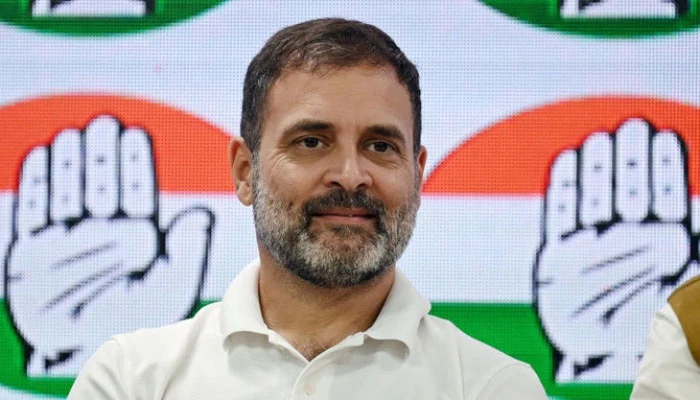
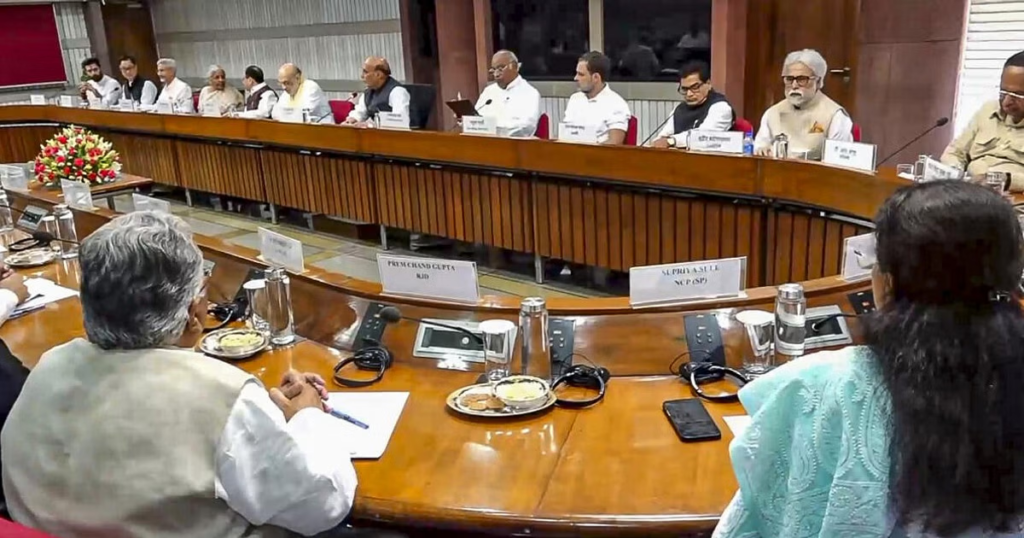
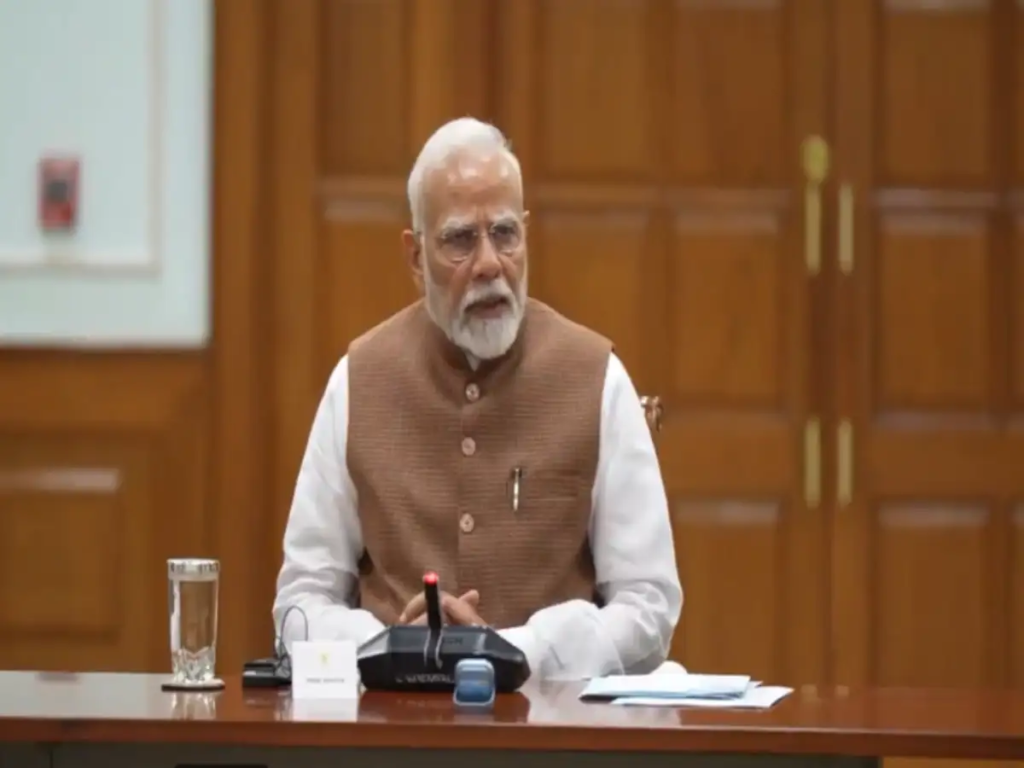
1. Clear Position on Russia-Ukraine War
Opposition leaders, particularly from the Congress party, have asked the government to clarify whether India supports an immediate ceasefire or continues to maintain a “strategic silence.” With the U.S. senator JD Vance suggesting behind-the-scenes diplomacy, Indian lawmakers question why New Delhi isn’t being more vocal about peace.
2. Transparency on Diplomatic Talks
There are rising concerns about India’s diplomatic engagements with both Russia and Ukraine. The opposition wants the External Affairs Ministry to release information on any back-channel talks, official mediation efforts, or peace proposals India may be involved in.
3. Consistency with Non-Alignment Policy
India has historically positioned itself as a non-aligned power. The opposition argues that silence on war atrocities or indirect support for Russia through trade contradicts India’s legacy. They demand a policy that reflects moral consistency without jeopardizing strategic interests.
4. Impact Assessment on Indian Economy
Another key concern is the economic fallout of the war. Opposition MPs are calling for a detailed report on how prolonged conflict—and India’s cautious position—is affecting inflation, energy prices, and defense spending. They argue that citizens deserve transparency on how foreign policy affects domestic stability.
5. Role in Global Peacebuilding
Lastly, the opposition insists that India should play a more active role in promoting peace. With India being the chair of the G20 in 2023 and a member of BRICS, the opposition believes the Modi government missed a chance to lead a united Global South call for ceasefire and peace talks.
Conclusion
The Indian government has so far walked a tightrope on the Russia-Ukraine conflict—abstaining from UN resolutions but urging dialogue. However, as the war drags on and the U.S. shifts toward promoting a negotiated ceasefire, pressure is mounting at home. Opposition parties are demanding transparency, consistency, and leadership. Whether the Modi administration responds with clarity or continues its current course remains to be seen.
Want more insights on India’s evolving foreign policy? Check out our blog on India-US Diplomatic Talks on Ukraine.


